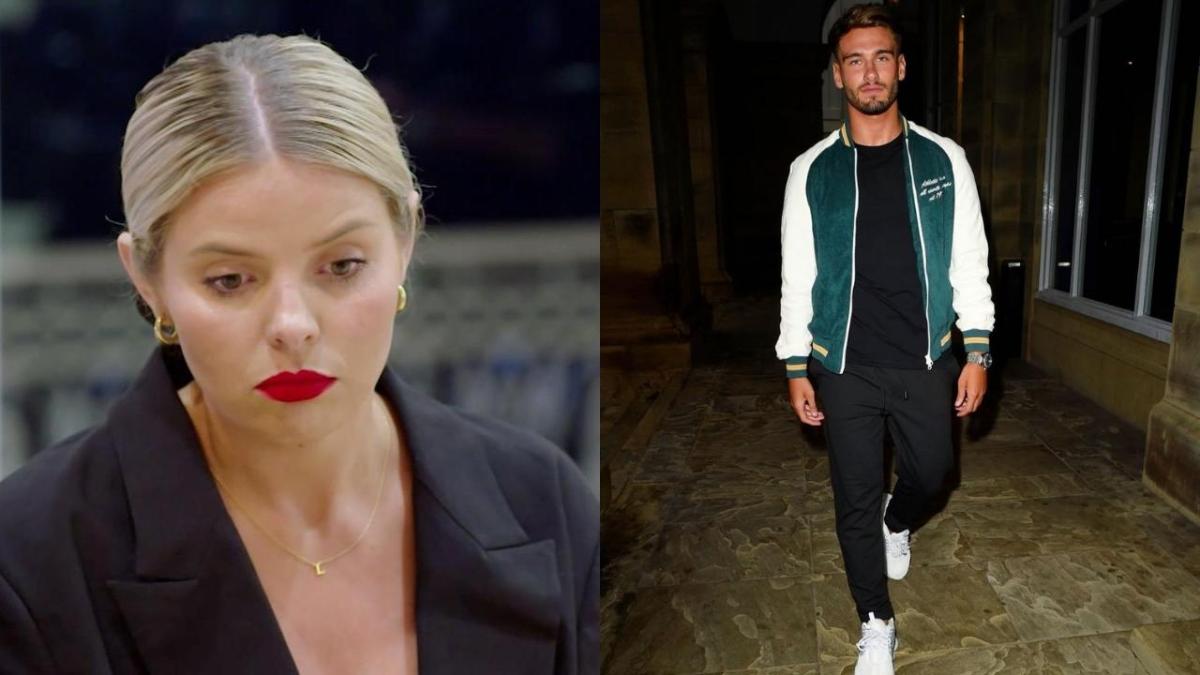
My year is not broken up by days, weeks or months. It’s broken up by which reality TV show is airing during when.
In January it’s Australian Survivor, in April it’s Married At First Sight, in June it’s Love Island UK.
Maybe it seems wild that an adult woman like myself would give up so many hours of her life to reality TV but I make no apologies for who I am.
Every year I say I’m not going to start watching. And every year I get sucked in. And it’s partly because of the mass of online dialogue.
Everyone has an opinion on who to love, who to hate and I just can’t quite help sticking my own nose into all of it too.
The problem is, this year’s drama-filled schedule of reality TV has been full of confronting issues that we see in our real lives as well. Born from topics such as revenge porn, misogyny, sexism and mental health, the cultural narrative surrounding reality TV is as full on as ever.
But do we as an audience do our due diligence when we have these conversations?
During this year’s UK season of Love Island I could not take my eyes off the screen. This year’s season has been decried as one of the most misogynistic seasons yet. I (and the rest of Twitter) could not help but scream at the stupidity and outright bullying happening to the women on the show as we watched.
It’s similar to how earlier this year I, alongside most of Australia, was appalled at Olivia Frazer’s actions on MAFS when she distributed a photo from fellow contestant Domenica Calarco’s OnlyFans account to other contestants on the show.
In both circumstances I was pissed and I was downright confused how this was happening in 2022.
And I wasn’t the only one. The saga led to MAFS to trend at number one on Twitter for multiple days in a row. And Ofcom, the communications regulator in the UK, received more than 1500 complaints from viewers over the men’s misogynistic actions on Love Island.
Gone are the days where audience participation meant voting for your favourite act on X Factor. Audience participation is now ingrained within these shows.
But they have real consequences for the real people who appear on our screens.
Love Island contestant Jacques O’Neil left the show after feeling mentally unable to continue. Domenica has since received treatment for PTSD. Olivia now suffers from anxiety, depression and lost her job as a result of MAFS.
View this post on Instagram
We’re well within our rights to call our people’s bullshit when they’re acting like a dick — even on reality TV.
But maybe it’s time we look at our actions as the audience, given we do have a tangible impact on these people’s lives. We need to be able to call out someone’s bullshit on TV, yet also show compassion and empathy when they say they’re not doing OK.
As the audience we walk away from shows like MAFS and Love Island without any real consequence.
But the dialogue we create surrounding the people on the show? It has huge consequences.
In a world where Twitter is a button away and you can easily rant on Instagram stories, sometimes we need to shut up. In a world full of opinions on what everyone’s doing, we don’t always need to add our voice to the mix.
And sometimes it’s better to wait. To wait until the initial feeling of someone’s actions (albeit on TV) die down. Take time to make sense of it in your head and then find the words to know what to say.
Ultimately, even when people do shitty things they may not necessarily be shitty people.
But not knowing the balance of when to let something lie? It means we are shitty people.
Emma Ruben is a journalist and freelance writer living and writing on Whadjuk Boodjar. She’s on Instagram and Twitter where she chats about reading, writing and other high-brow topics like reality TV.



